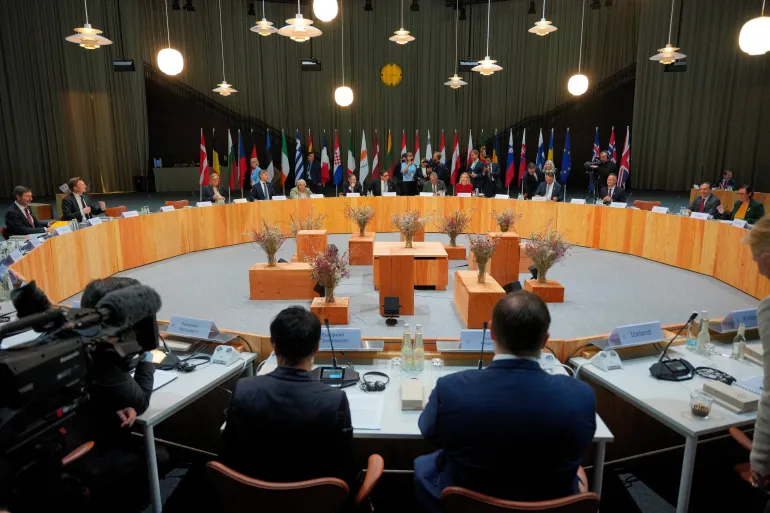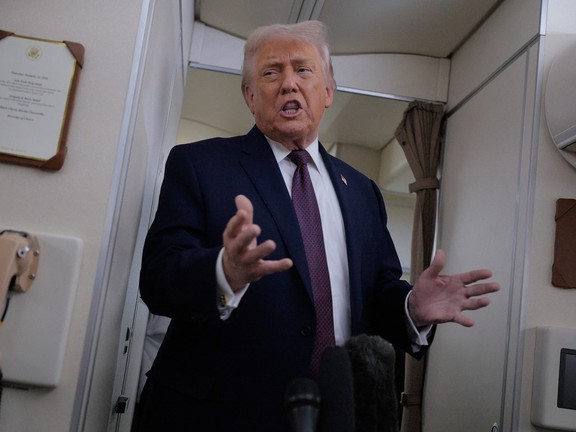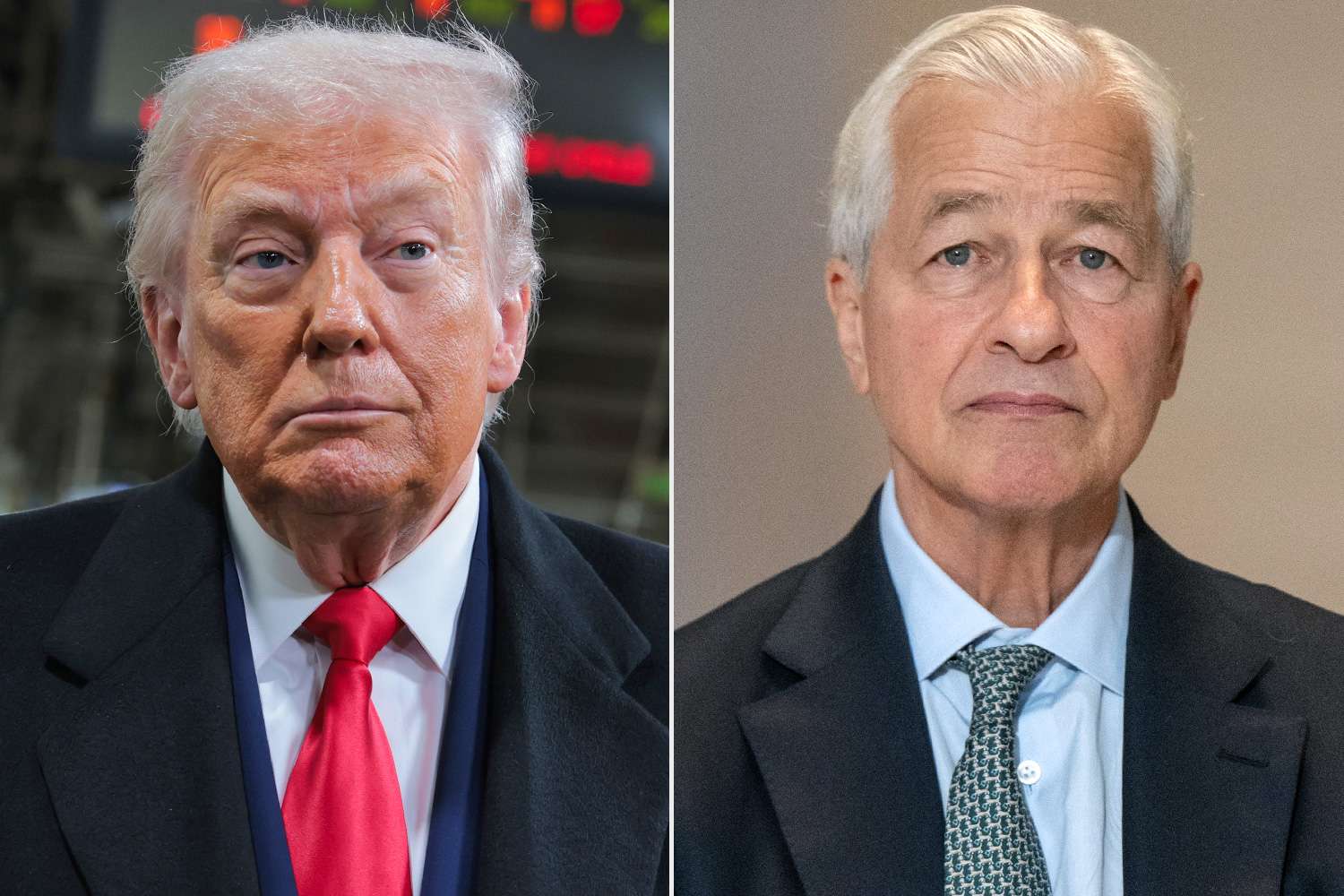EU Nations Divided Over Sanctions on Israel as Foreign Ministers Meet in Copenhagen

Published By Kamal Yalwa: on August 30, 2025
European Union foreign ministers are grappling with deep divisions over the appropriate response to Israel’s ongoing military actions in Gaza. The ministers convened in Copenhagen on Saturday, August 30, to discuss potential punitive measures as the humanitarian crisis in Gaza intensifies. The meeting comes amid growing calls from within the EU to take stronger action against Israel following allegations of war crimes, including civilian deaths and man-made starvation across the besieged Palestinian enclave.
One of the primary issues on the agenda was a proposal to suspend EU funding for Israeli start-ups, which would serve as an initial form of punitive action. However, sources indicate that the proposal has yet to gain the majority support needed to move forward, with significant resistance from some EU countries.
Deepening Divisions Within the EU
The EU remains deeply divided on the issue. Countries like Spain and Ireland have been vocal in urging for more significant measures to pressure Israel, arguing that the EU has been too slow and ineffective in its response to the Gaza conflict. Spanish Foreign Minister Jose Manuel Albares described the EU’s actions as “too little too late,” and emphasized the need for stronger measures to bring an end to the violence in Gaza.
On the other hand, Israel’s staunch allies within the EU, including Germany and Hungary, are reluctant to impose any substantial sanctions, preferring instead to maintain dialogue. German Foreign Minister Heiko Maas has notably expressed a desire to avoid punitive measures, citing the importance of maintaining diplomatic channels open.
Humanitarian Concerns and Calls for Sanctions
Ahead of the meeting, Danish Foreign Minister Lars Lokke Rasmussen echoed calls for a stronger EU response, stating, “We are witnessing the most catastrophic humanitarian catastrophe. Israel must change its course.” He proposed suspending the trade chapter of the EU-Israel association agreement and imposing sanctions on Israeli Prime Minister Benjamin Netanyahu and key members of his government.
EU Foreign Policy Chief Kaja Kallas expressed skepticism over the likelihood of a unified decision, noting, “I’m not very optimistic, and today we are definitely not going to adopt decisions. It sends a signal that we are divided.”
The humanitarian crisis in Gaza has worsened in recent weeks, with alarming reports of famine and increasing civilian casualties. The Integrated Food Security Phase Classification (IPC), working with the UN, recently declared a famine in Gaza, a finding rejected by Israel despite mounting evidence.
Growing Pressure From European Citizens
Hashem Ahelbarra, reporting from Copenhagen, noted that public opinion across Europe is shifting. “There is a change of mood on the streets of Europe,” he said, highlighting growing frustration among citizens over the EU’s failure to effectively address the Gaza crisis and enforce international humanitarian law.
Hadja Lahbib, the European Commissioner for Crisis Management, called for a collective EU stance on Gaza, stating, “What is happening there is haunting me and should haunt all of us. This is a tragedy, and we will be judged by history.”
In addition to the discussions on Gaza, EU foreign ministers are also expected to address the ongoing war in Ukraine. One contentious issue involves the use of frozen Russian assets, estimated at around €210 billion ($245.85 billion), which some EU members—particularly Poland and the Baltic States—are advocating to be confiscated and redirected to aid Ukraine. However, key EU nations, including France and Germany, have opposed this move, urging caution.
As EU ministers continue to meet, the bloc remains divided on how to approach Israel’s military actions in Gaza. While some EU members push for stronger sanctions, others call for restraint. The outcome of these discussions will not only impact EU-Israel relations but also determine the future of European involvement in the ongoing humanitarian crisis in Gaza.



